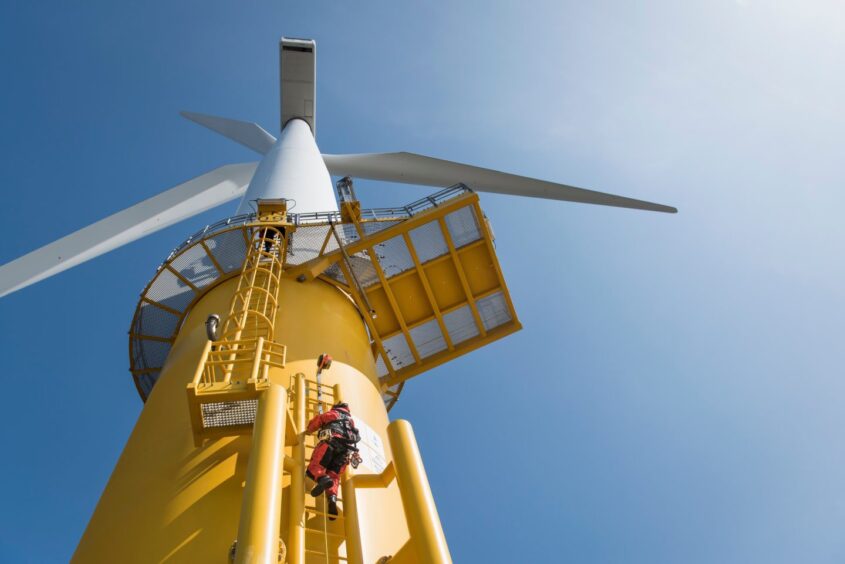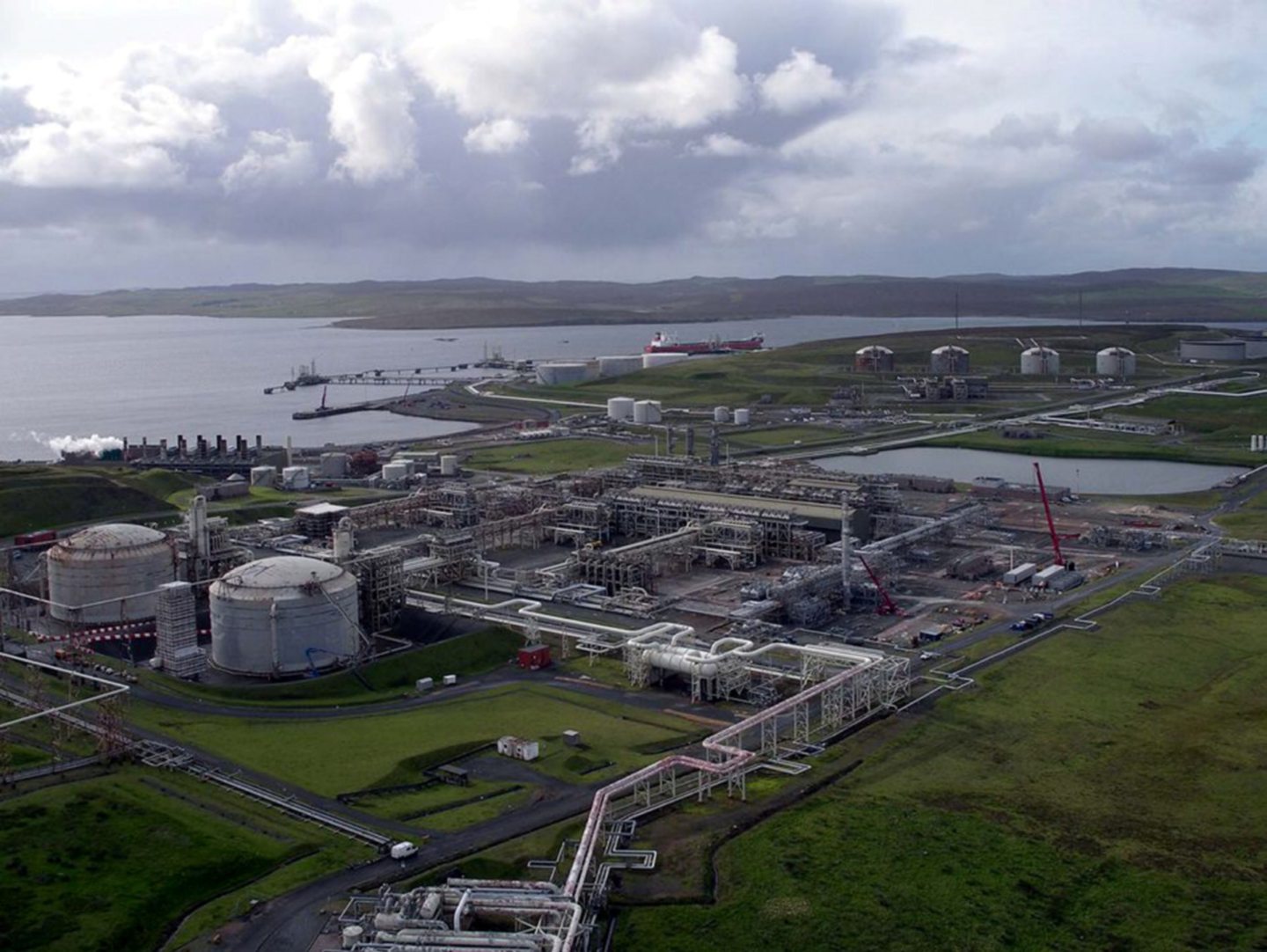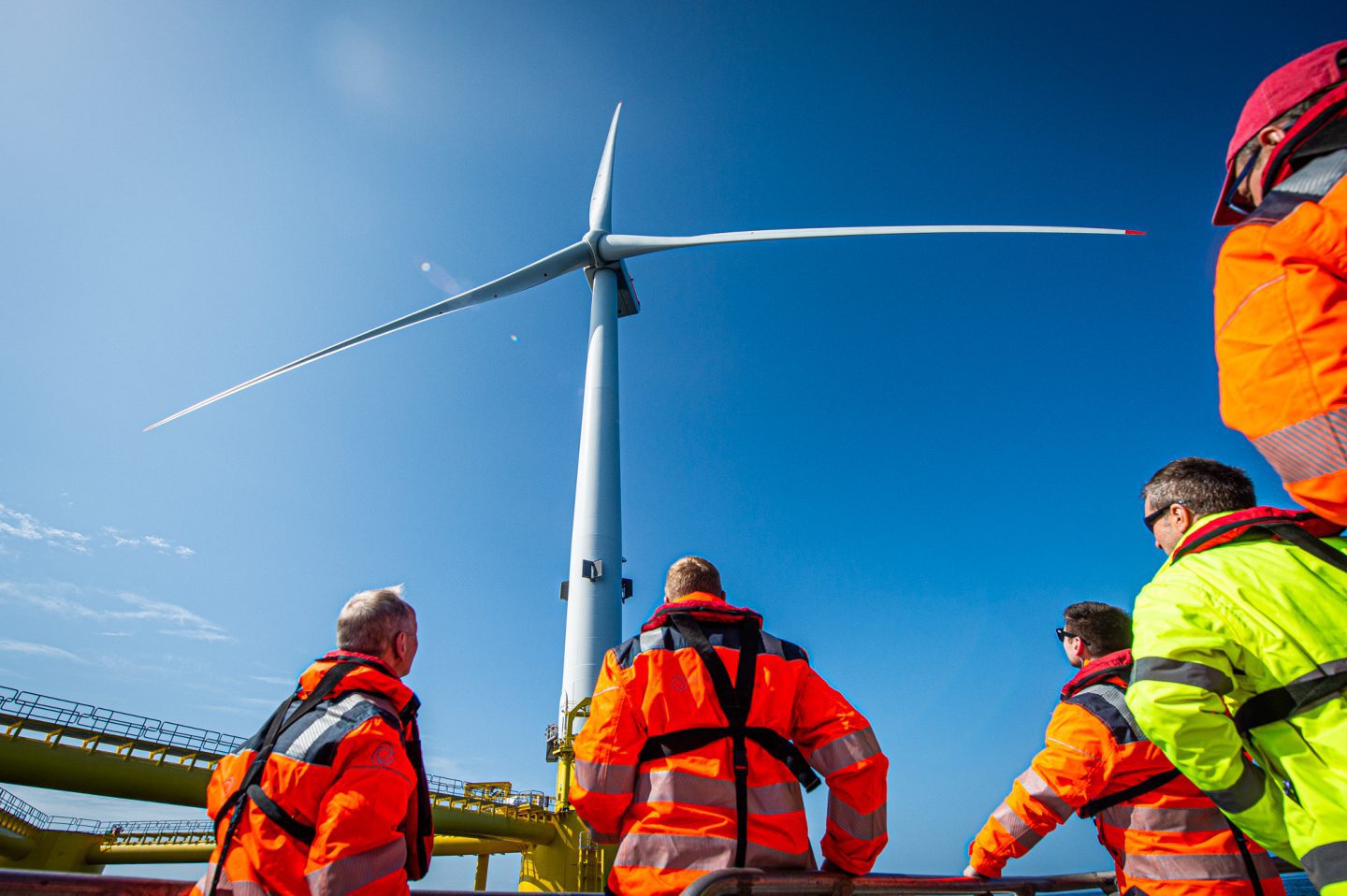
Unite as the largest trade union representing workers in the oil and gas industry was involved in a record number of disputes in 2023.
This was mainly due to the impact of cuts to terms and conditions over successive years taking their toll during a cost of living crisis.
Operators and contractors more often than not fuelled our members’ anger by then offering real terms wage cuts while the boardroom enjoyed a profit bonanza.
We witnessed a steely determination from workers to improve their jobs, pay and conditions, often through being prepared to fight for a fair wage through strike action.
Unite members achieved a number of significant successes including a salary increase worth 10 per cent at Stork, 10 per cent at the Wood Group, another 10 per cent at Bilfinger, 9 per cent at BP Petrofac, and for Sullom Voe terminal workers a wage rise of 8.1 per cent to name a few.
We also saw offshore workers wanting a better work and life balance, and the ability to spend more time with their families.
Some like the Petrofac Ithaca workers were willing to take strike action for over 9 months, fighting for reduced clawback days and a better work life balance.
This dispute stands out in particular due to our members’ courage and solidarity.
Recognition deals
In May 2023, we also signed a recognition deal with the offshore operator CNOOC Petroleum Europe Limited covering around 140 workers.
This was followed by Unite signing another union recognition agreement with Repsol Resources Ltd in December covering around 350 workers, adding to our existing agreement with Total Energies.
It shows that through negotiation, recognition agreements can be secured to improve the terms and conditions of the workforce.
Unite would urge other operators and contractors to see this as a positive development for the industry and to constructively work with us.
It’s critical to ensure that workers can move into renewables and decarbonised jobs through a Just Transition. But what is a Just Transition?
Just transition
For Unite, this means every worker that needs a job gets a good well-paid job, and that local communities are not destroyed by a transition, as happened with the UK mining communities.
For offshore oil and gas workers we still see several major barriers to delivering a Just Transition.
One is the alignment of survival, certification, and competency where it can cost an oil and gas worker around a further £2,000 to work in offshore wind.
For years, the trade unions have been trying to get a Skills Passport in operation. This would help the process in allowing oil and gas workers to transition into the renewables sector. Yet it is still not in place.
Another issue is pay, terms and conditions.
For example, there is no union recognition or collective agreement in place for UK offshore wind, unlike oil and gas. As a direct result of this wages are significantly lower in offshore wind.
Renewables jobs
Perhaps the most important barrier is the number of available jobs. Around 220,000 jobs remain dependent on the oil and gas industry across the UK with 93,600 estimated to be based in Scotland.
Offshore wind, carbon capture and storage, and hydrogen are not going to produce the volume of jobs as the oil and gas industry any time soon.
Permanent long-term jobs on onshore and offshore windfarms employ less than 7 per cent of those jobs in the oil and gas industry in Scotland.
To deliver a fair and just transition we therefore need government investment and support to remove these barriers.
Unite believes a Skills Passport, trade union recognition and collective agreements are essential building blocks in this process.
We require investment in manufacturing and port infrastructure so that Scotland and the wider UK can take full advantage of the thousands of jobs which could be potentially created.
The reality is that we need the oil and gas industry to maintain the level of existing jobs until the opportunities in the renewables sector are available – and with broadly similar wage levels.
We can’t lose well-paid and highly skilled jobs only for us then to increasingly rely on supplies from other countries.
Unite is clear that we cannot allow oil and gas workers to become the coal miners of our generation.
Recommended for you


 © Supplied by Repsol Resources
© Supplied by Repsol Resources © Supplied by Wullie Marr/ DCT
© Supplied by Wullie Marr/ DCT